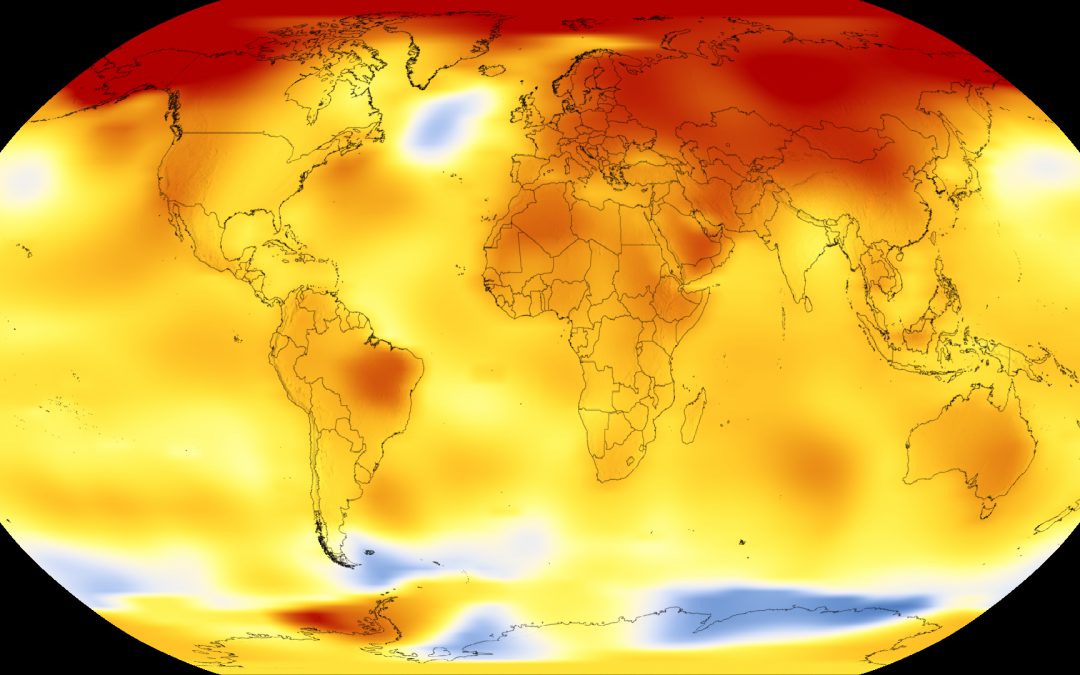WASHINGTON— Last year was the one of the warmest on record, according to a joint report released Thursday by scientists from NASA and NOAA.
“2017 was the second warmest year in the NASA GISTEMP record, only less than 2016,” said NASA Goddard Institute Director Gavin Schmidt, referring to a map showing the average temperature increase from the agency’s 1951-1980 baseline years.
NOAA called 2017 the third warmest year, behind 2016 and 2015.
According to the NASA-NOAA report, which compared data from five sources, 2017 was in the top three warmest years since the agencies started tracking annual temperatures in 1880, had record low snowfall and polar sea-ice extent, keeping with a long-term warming trend.
Schmidt noted that the periodic warming phase of the Pacific Ocean, known as “El Niño,” temporarily caused even higher global temperatures in 2016. By removing the increase in the data set due to El Niño, 2017 becomes the overall hottest year on record, he said.
Asked whether this warming trend is the result of greenhouse gas emissions, Schmidt was definitive.
“Basically, all of the warming in the last sixty years is attributable to human activities, and carbon dioxide emissions are the number one component of that,” he said.
Meanwhile, the Trump administration has denied a link between human activity and climate change, even restricting its scientists from using the term.
According to Deke Arndt, monitoring branch chief of NOAA’s National Center for Environmental Information, politics has not influenced NOAA or NASA operations.
“The analysis we conducted this year was done in the exact same way and with the exact same amount of rigor than we have in the years that I’ve been in my position,” said Arndt, assuring reporters that Trump’s skeptical view of climate change has not altered the way NOAA conducts climate research.
Schmidt and Arndt declined to make significant predictions about the future, but they expect 2018 to continue the warming trend and possibly end up in the top five warmest years on record.


